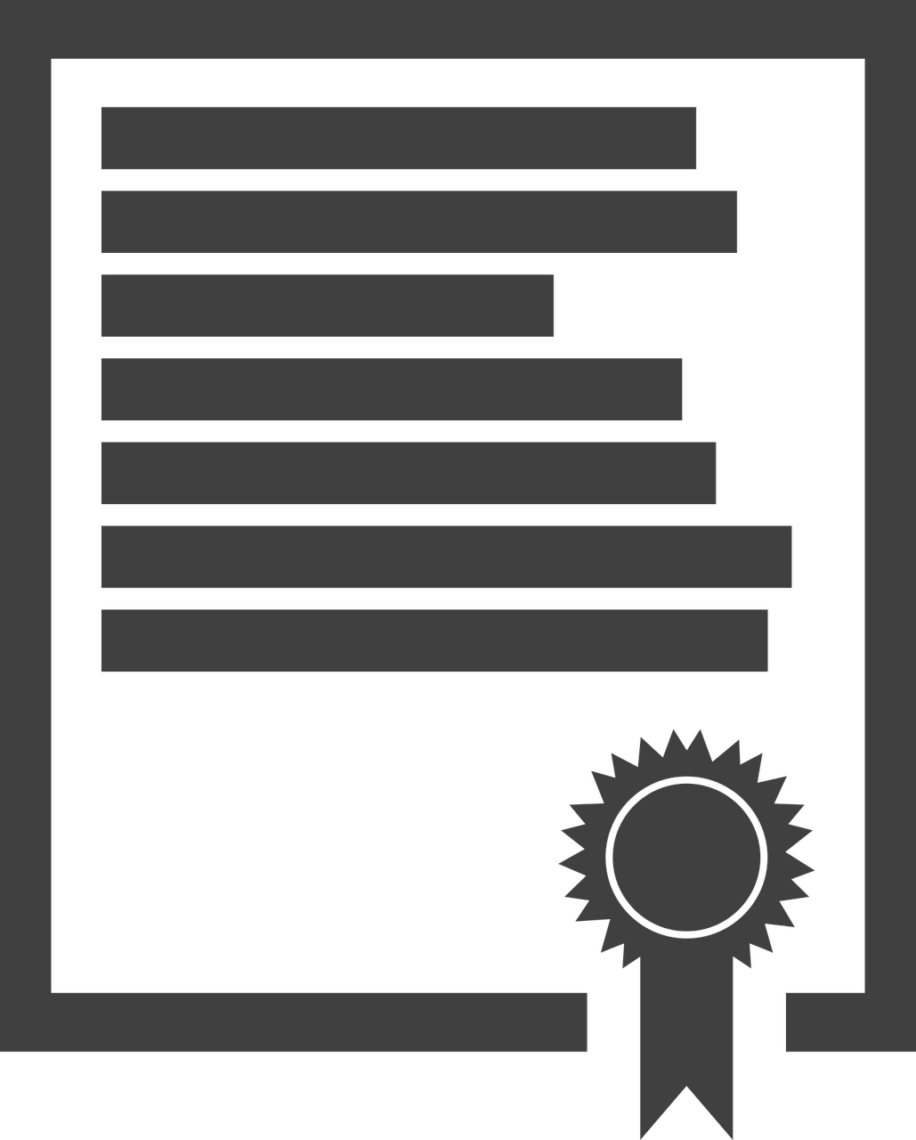Artificial Intelligence (AI)
As technology continues to evolve, there is no denying that traditional legal figures are not adapted to provide an appropriate legal framework for the specificities that characterize new technologies and the opportunities they present.
Artificial intelligence is a great tool for increasing the productivity of organizations. But, unregulated use of AI technologies carries high risks.
What do we do?
Our team of experts (with both legal, ethical and technical backgrounds), advises on the use of this new technology in an enterprise context, from concept to decommissioning.
We advise on implementation of appropriate security measures to ensure legal compliance and think with you in answering ethical questions. We also closely follow all the latest evolutions in “hard and soft law.
Read more in advance in our blogs:
Our added value
IFORI’s added value is both in our extensive experience as technology lawyers, both consulting and in-house (at a lot of tech companies).
We help your company meet the complex legal requirements associated with using AI. This includes privacy laws, intellectual property law, liability, and other relevant regulations.
- Compliance with laws and regulations: We closely follow new laws and regulations in the field of AI (AI Act, AI Liability Act, etc.).
- Ethics and responsibility: It is crucial to take ethical considerations into account when developing and implementing AI technology. As legal counsel, you can help identify potential ethical dilemmas and draft policies to ensure responsible use of AI.
- Contracts and licenses: You can draft contracts that clearly define the rights and obligations of all parties involved in AI projects. This may include intellectual property rights, liability, warranties and service level agreements.
- Privacy: Data protection is an important aspect of using AI. You can advise on how personal data should be processed, stored and shared to comply with relevant privacy laws, such as the General Data Protection Regulation (GDPR) in the European Union.
- Liability and risk management: We advise on potential liability issues that may arise when using AI. This includes identifying potential risks and establishing risk management strategies.
- Intellectual rights: AI projects can lead to the development of new technologies and innovations. As legal counsel, you can help protect intellectual property, such as patents, copyrights and trademarks.


